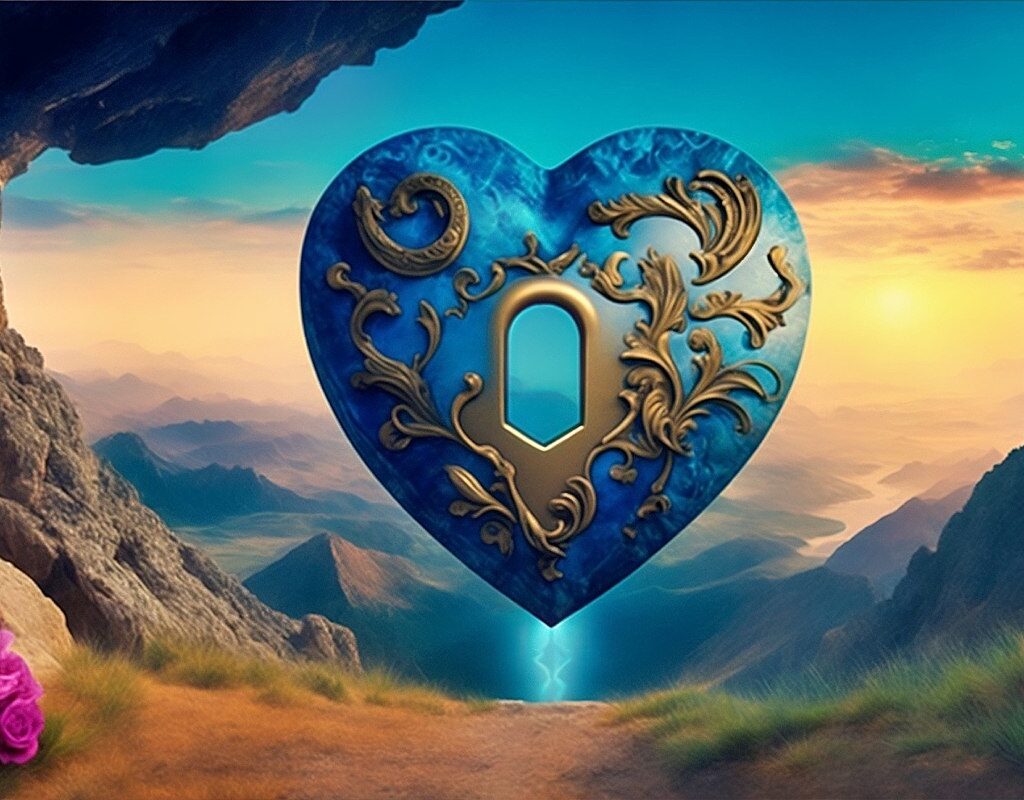Have you ever wondered why they tend to attract a specific type of partner? Why, despite their best efforts, do they seem to be stuck in a loop of similar relationships, each replicating the mistakes and challenges of the last?
Discovering the Role of the Unconscious in your relationships
The answers to these questions can be found in the deep abysses of our psyche. As Enric Corbera stated:
“The unconscious always chooses the mirror image of oneself.”
In simple terms, our unconscious attracts people who reflect our needs, deficiencies and internal conflicts. If we don’t value ourselves, we’ll attract someone who reinforces this feeling of disrespect.
If we feel that we are unwanted, we may be attracted to people who seem unreachably desirable, their own psychological programs complementing ours in an emotionally charged mirror dance.
The implications of this proposal are significant and are broken down into several key aspects of our lives and relationships. On the one hand, it gives us a powerful lens through which to examine and understand our conflicts as a couple.
Every touch, every challenge can be seen as a projection of our internal conflicts of the aspects of ourselves that we don’t accept or understand. By understanding this, the relationship becomes a mirror allowing us to learn and grow through shared tensions and challenges.
Emotional Reflexes: How Our Relationships Repeat Family Patterns
This perspective allows us to understand why we often repeat the same relationship patterns over and over again. Every unsatisfactory relationship is a sign that there is an emotional wound that hasn’t been healed, a deficiency that hasn’t yet been resolved.
Through Bioneuroemotion, clinical psychosomatics and Family Constellations, it has been observed that we often repeat the experiences that caused these wounds and deficiencies in order to be able to make them aware and overcome them.
In this process of projection and repetition, you may even be repairing your relationship with one of your parents. A person can, for example, attract a partner who symbolically represents one of their parents repeating the same problem that was experienced with that parent.
There may even be transgenerational dramas that are being revived with issues such as abortions, loss of children, deaths during childbirth or unrecognized children.
The conclusion is inescapable: our relationships as a couple are reflections of our relationship with ourselves. Nothing happens by chance and every interaction, every choice, tells us something about our own emotional and spiritual journey.
As the eminent psychologist Carl Jung stated, “Until the unconscious becomes conscious, the subconscious will direct your life and you will call it destiny.” In other words, to heal our relationships as a couple, we must first heal the relationship with ourselves.
Emotional Mirror: How Relationships Reveal Our True Essence
By exploring biodecoding and its focus on interpersonal relationships, we can begin to see our own stories reflected in those of our partners. In doing so, we found a valuable opportunity for personal growth and healing.
The path to achieving it can be painful as it often involves facing the darkest and most challenging parts of our own psyche but the potential for transformation and self-understanding is immense.
Finally, as we embark on this journey of self-discovery, it’s worth remembering that every step we take toward the awareness of our unconscious is a step toward greater freedom.
As our emotional wounds come to light and begin to heal, our relationships can become deeper and more meaningful. And as we become more aware of our own unconscious programs, we can begin to make healthier and more satisfying choices in our lives and relationships.
Therefore, while the statement that “the unconscious always chooses the mirror image of oneself” may seem daunting at first, it is a promise of growth and transformation.
By accepting this mirror and facing what it reflects, we can not only change our relationships but also the way we see and understand ourselves. As a result, we are free to create healthier and more satisfying relationships and in doing so, build a more authentic and rewarding life.
Ultimately, the destination we call often is simply the reflection of our own choices and actions, and with the awareness and willingness to change, we can take charge of our own emotional journey.
This article is based on Enric Corbera, an internationally recognized psychologist and thinker, who is the creator of the Bioneuroemotion® method and founder of the Enric Corbera Institute. In the last decade, it has trained more than 50,000 people in emotional management and personal well-being. He is the author of several successful books and has more than 3 million followers on social networks.
Transform your emotional and spiritual life with a personalized tool
Discover the power of Biodecoding combined with Kabbalah. Through your Personal Kabbalistic Tree, designed based on your name and date of birth, you’ll receive a practical guide to work on your emotions and achieve holistic well-being.





